It is also causing changes in rainfall and evaporation, changes in ocean acidity, changes in storm frequency and fire weather, and sea level rise. Factory farming is the dominant method of food animal production used.
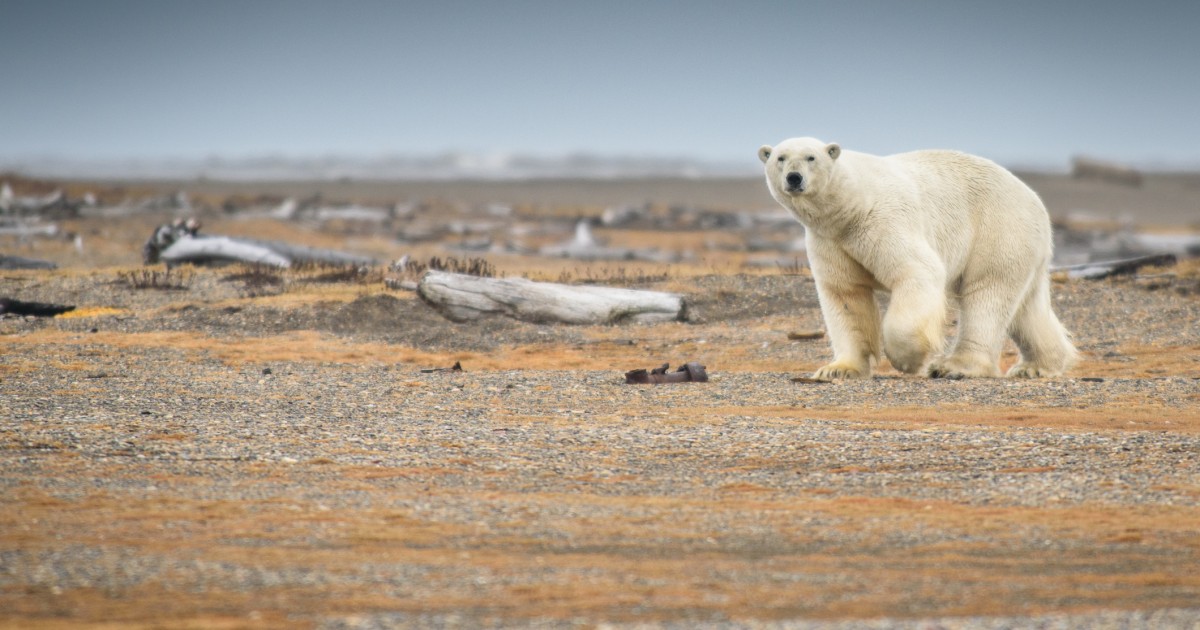
STUDY More Americans Than Ever Believe in Climate Change
Over 90 percent of the warming created by.

What does climate change do to animals. Second, for those that have been introduced to the connection, there still remains disbelief or indifference. Vulnerability susceptible to indirect impacts of climate change, such as habitat encroachment by humans as a result of changing conditions in the region. We are the first generation to know about it and we are the last that can do anything about it.
Climate change will have a drastic impact on our forests, oceans, freshwaters, polar regions, and all of its inhabitants. Global warming is something that all conservationists are worried about, says russell mittermeier, the president of conservation international. These results can help explain many fundamental patterns in nature.
Glaciers have shrunk, ice on rivers and lakes is breaking up earlier, plant and animal ranges have shifted and trees are flowering sooner. Effects that scientists had predicted in the past would result from global climate change are now occurring: The decline in animal populations in tropical forests may play a role.
Resilience high mobility across their large, mountainous range—not bound to a narrow altitude or region. Zsl has a numerous scientists in its institute of zoology researching the impact that climate change is having on species all around the world. Changes in animal movement and migration as a result of habitat modification and climate change may therefore alter lifetime fitness of animals in addition to biodiversity and ecosystem processes at global scales.
The next few pages feature a number of these projects. The decline of certain animals may accelerate climate change. The effects of climate change are being felt by biodiversity in every region on earth, as is evident through the disruption of animal seasonal migrations, feeding and breeding events, alterations of habitat ranges, decreases in ecosystem functionality, interruptions of food chains, and increases in the incidence of animal parasites and diseases.
Global climate change is not just warming, either. > life > climate change there are 3,800 big thermometers floating in the ocean, and the readings don't lie: For example, different sets of plant and.
Many animals are moving to higher elevations and latitudes to escape warming temperatures, but climate change may be happening too quickly for most species to outrun it. (read more about how our cognitive biases prevent climate action ). The ~1ºc rise in mean global temperature is causing serious and often unexpected impacts on species, affecting their abundance, genetic composition, behaviour and survival.;
As the climate changes, animals may be forced to move out of the habitats they're accustomed to — like human refugees. Now that you are more aware of how climate change not only affects humans, but also animals too, do your part and be ecofriendly. Global appetite for meat is growing with rising populations and increasing affluence.
Environmental policies aimed at reducing co2. The effects of climate change are likely to be some of the biggest environmental challenges our generation has ever faced. In addition to the suffering of billions of farmed animals, wild species around the world are also suffering the consequences of habitat loss, plant diseases, and natural disasters attributed to climate change, fueled by.
Humans and wild animals face new challenges for survival because of climate change. The relatively flat terrain of grasslands increases vulnerability to climate change impacts, because habitats and species must migrate long distances to compensate for temperature shifts. Furthermore, climatic niches of plants and animals change at similar rates over time.
Iucn red list status endangered. More frequent and intense drought, storms, heat waves, rising sea levels, melting glaciers and warming oceans can directly harm animals, destroy the places they live, and wreak havoc on people’s livelihoods and communities. Read the data and see if you can answer the questions to determine how the
In any case, moving is not always a simple solution—entering new territory could mean encountering more competition for food, or interacting with unfamiliar species. Climate change also prompts behavioral changes of animals that make them more susceptible to disease, says baylis. There are many reasons for these dismal findings and projections, but all are bonded in 3 primary problems.
9 animals that are feeling the impacts of climate change. posted on the people, land & water blog on november 16, 2015. Climate change vulnerability assessments have had biases and blind spots (just as humans do more generally). Animal use as a cause of climate change.
Loss of sea ice, accelerated sea level rise and longer, more intense heat waves. As climate conditions shift geographically so will the distributions of many plants and animals. Visit our how you can help reduce greenhouse gas emissions page to learn what you can do to help protect these species at risk from climate disruption.
This contrasts sharply with mountainous terrain, where. Global warming will do to wildlife what it may do to humans. For example, during periods of drought animals will cluster together more at.
Impact of climate change on animals. First, there remains a general lack of awareness, globally, of the connection between eating animals and climate change. Species declines threaten the services that nature provides to people, which include functioning as carbon sinks and increasing our resilience to climate change.;
Effect on Ecosystems and Agriculture ES Project

What Do Farmers Need to Know About Climate Change

Global warming What if we do nothing?
Animals Know How to Survive Climate Change, If Humans Don
Eating Meat Is Just as Bad as Denying Climate Change. Here
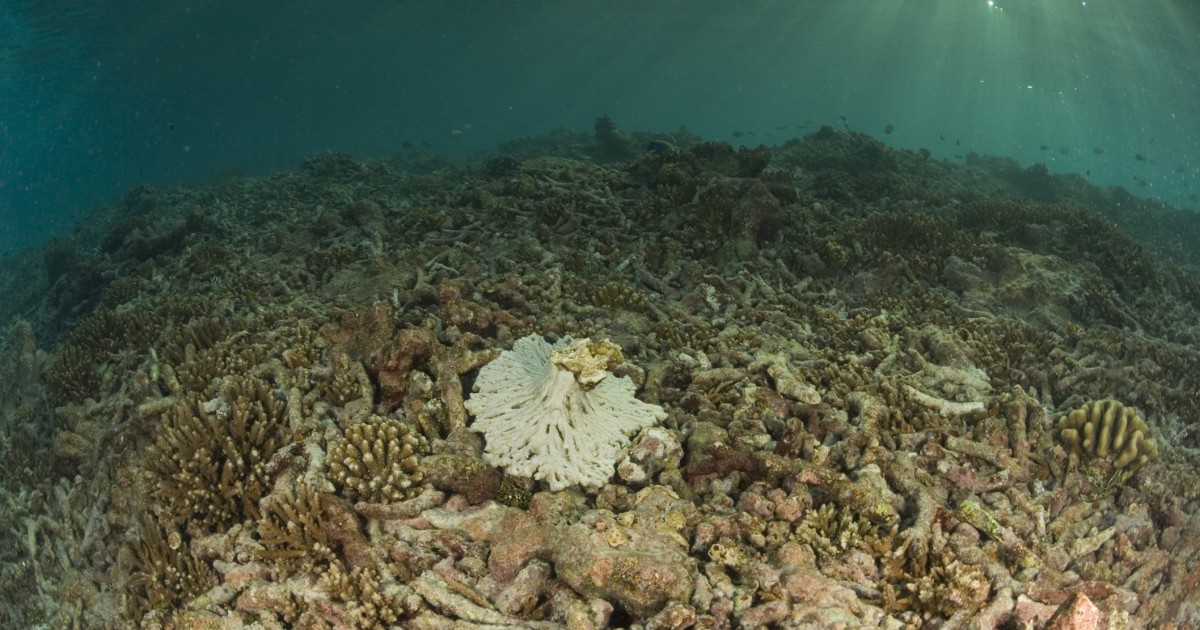
Climate Change Is Making the Ocean Warmer and Killing
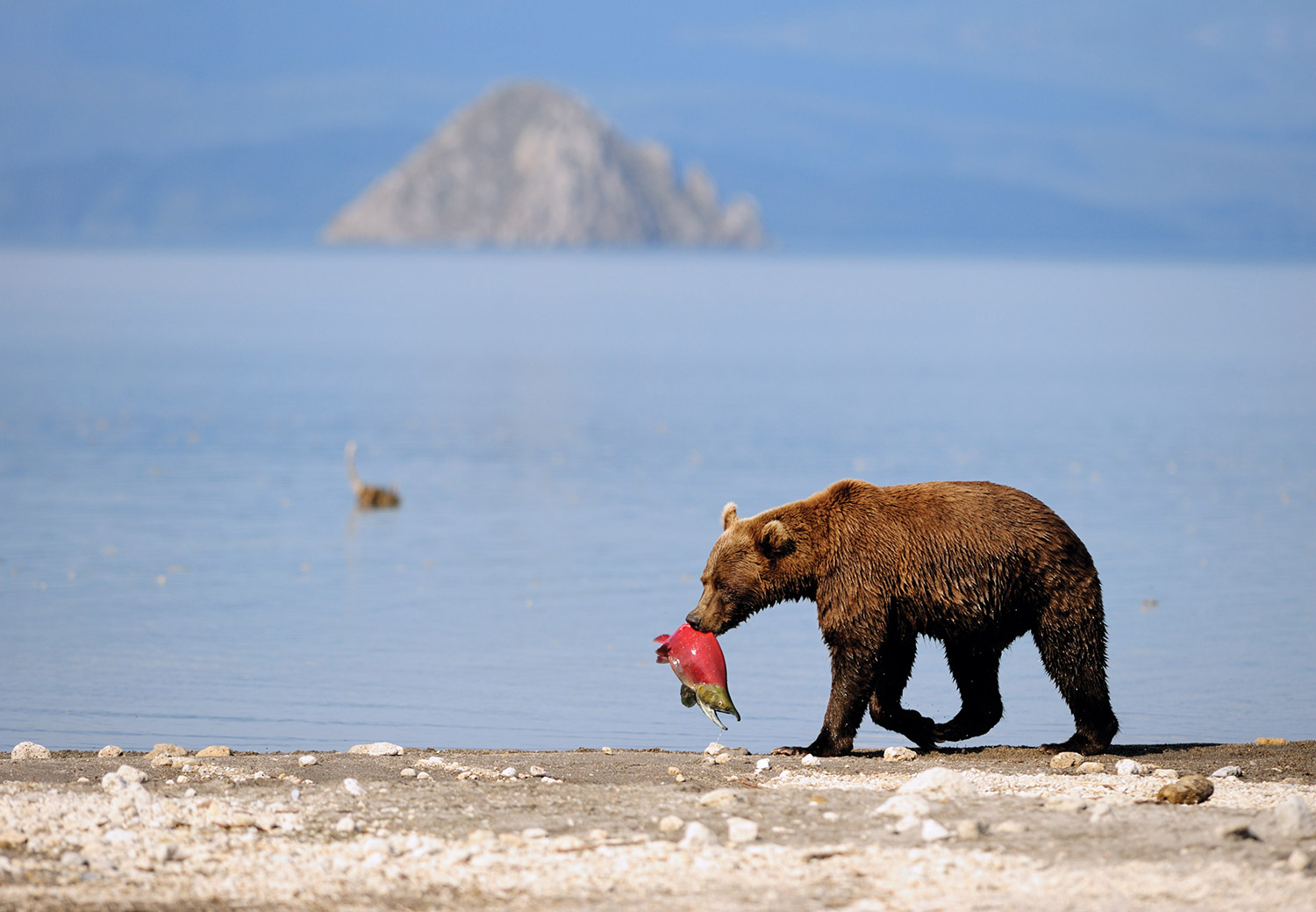
How is climate change affecting salmon and shellfish

Climate change insights from the Arctic Climate research

Climate, Biodiversity, and Oceans They’re All Connected
How Animals Fight Global Warming
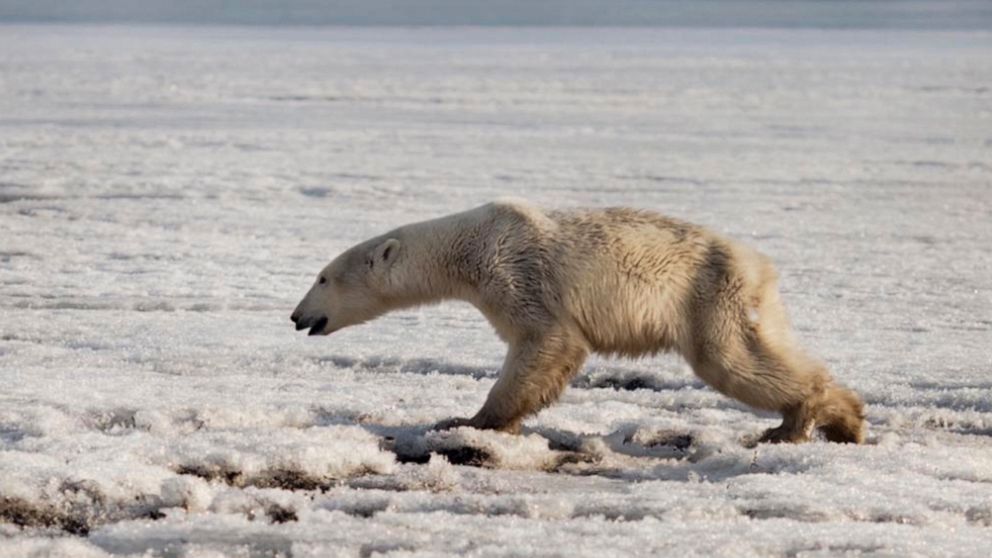
Polar bear gets lost in Russia, hundreds of miles from
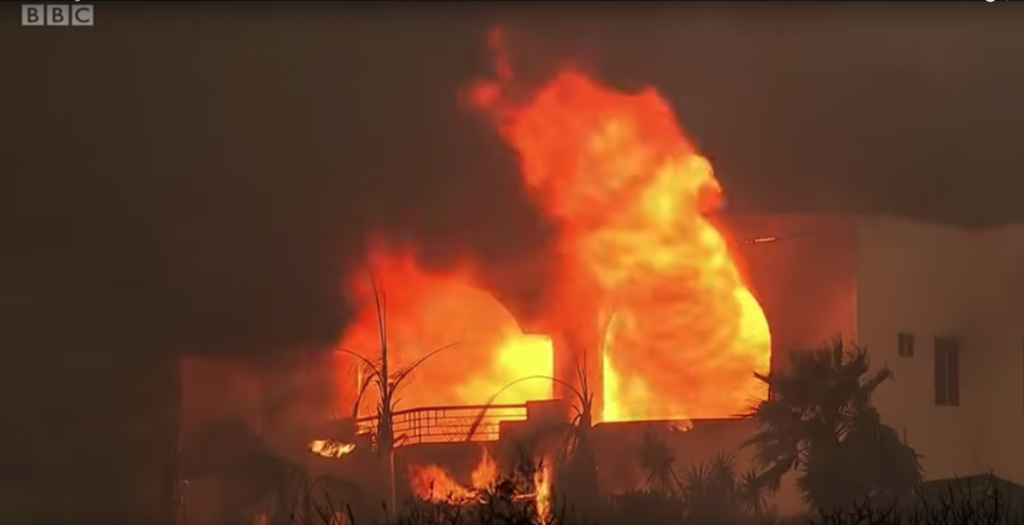
Not convinced about climate change? Watch this documentary

What you can do to help prevent climate change, according
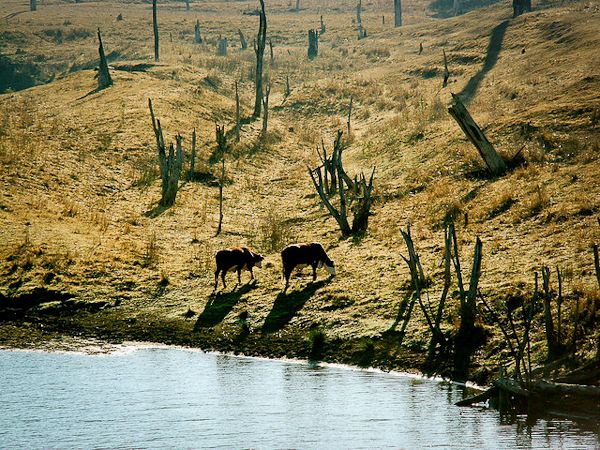
Are Cows Climate Killers? Our World

Polar Bears Turn to a Beloved Species for Food—and Climate
CLIMATE BOMB Animal Agriculture Causing Methane Levels to

Climate, Biodiversity, and Oceans They’re All Connected
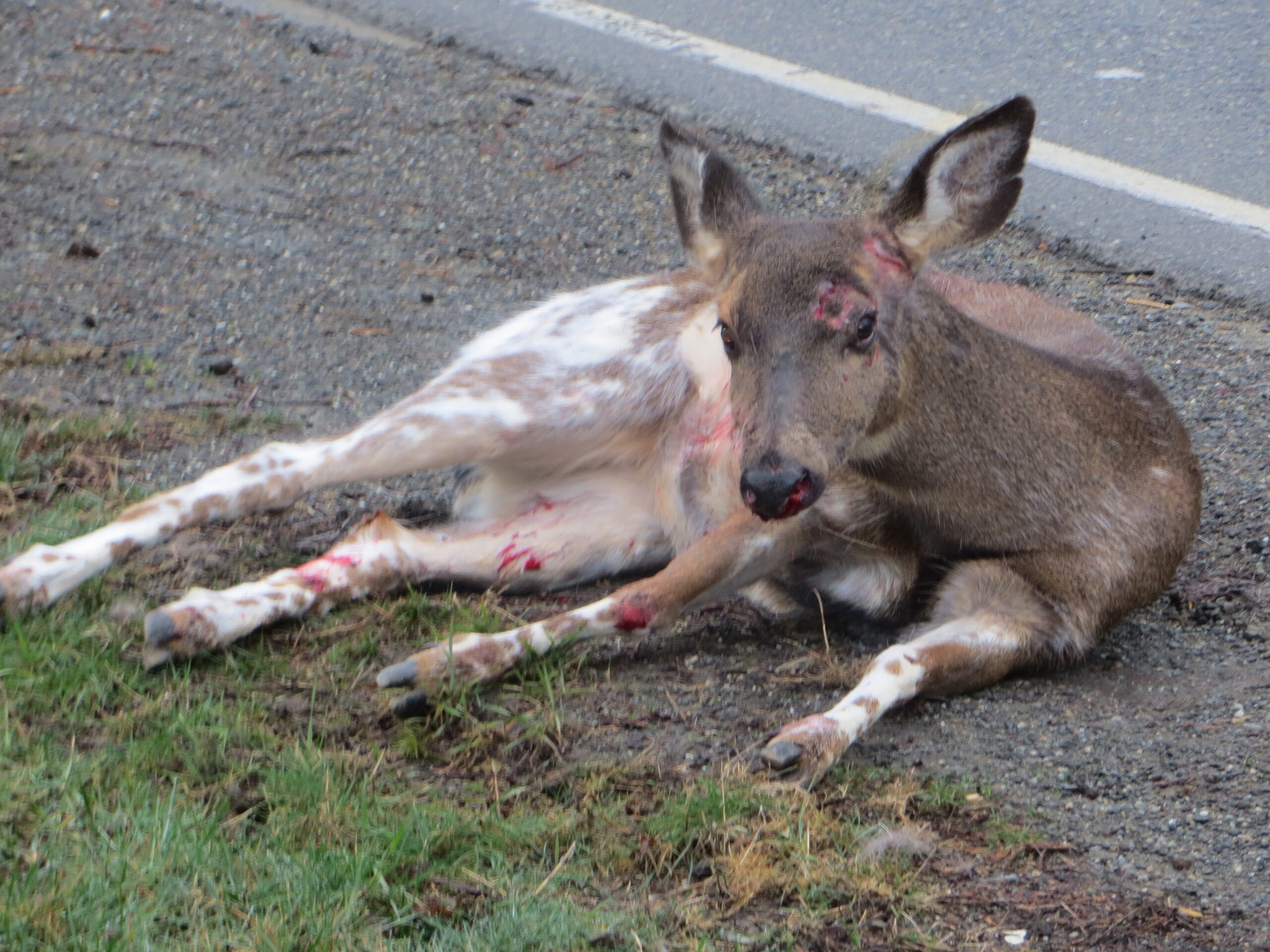
Climate Change and Bowker Creek Learning Portal
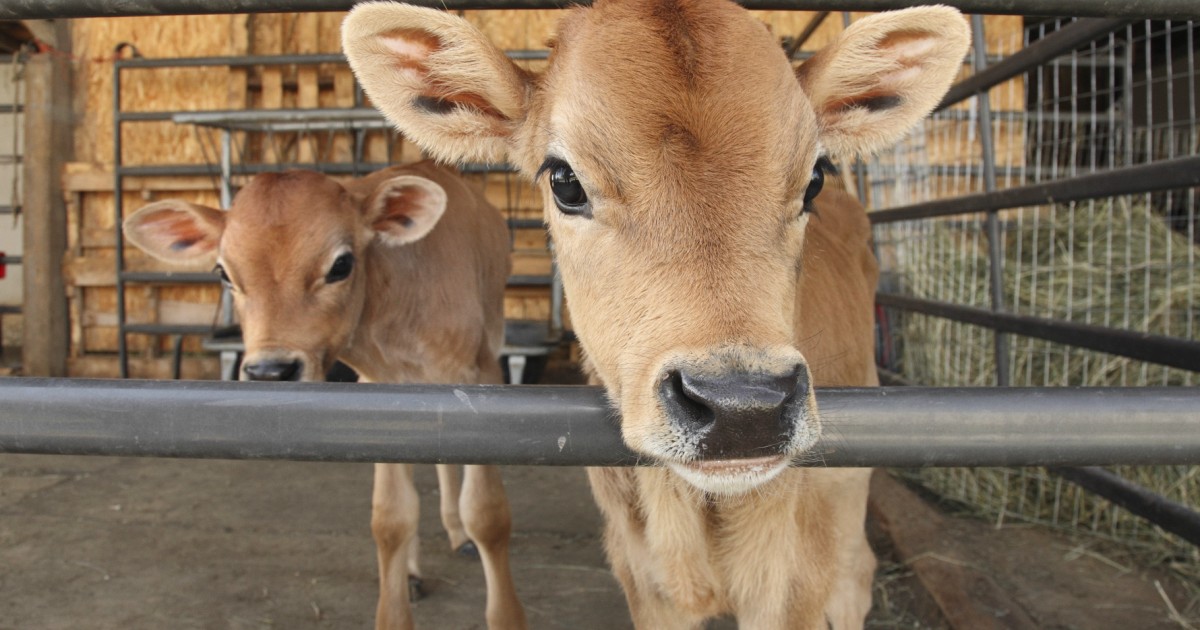
VICE article says Meat Is Murder, On the Climate, Anyway

